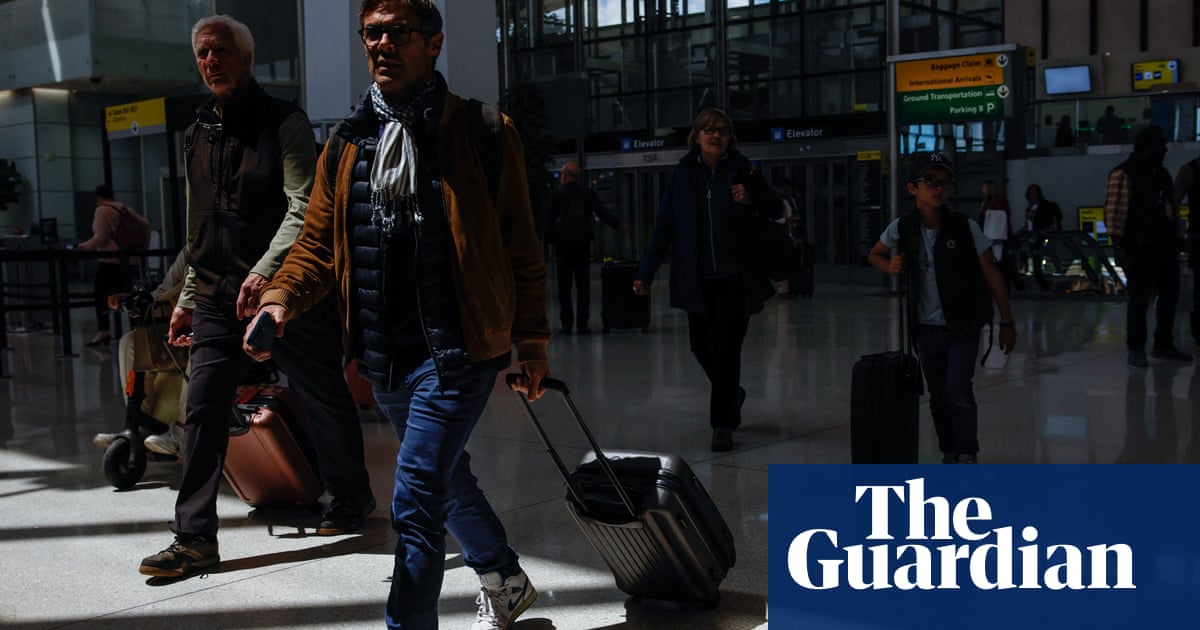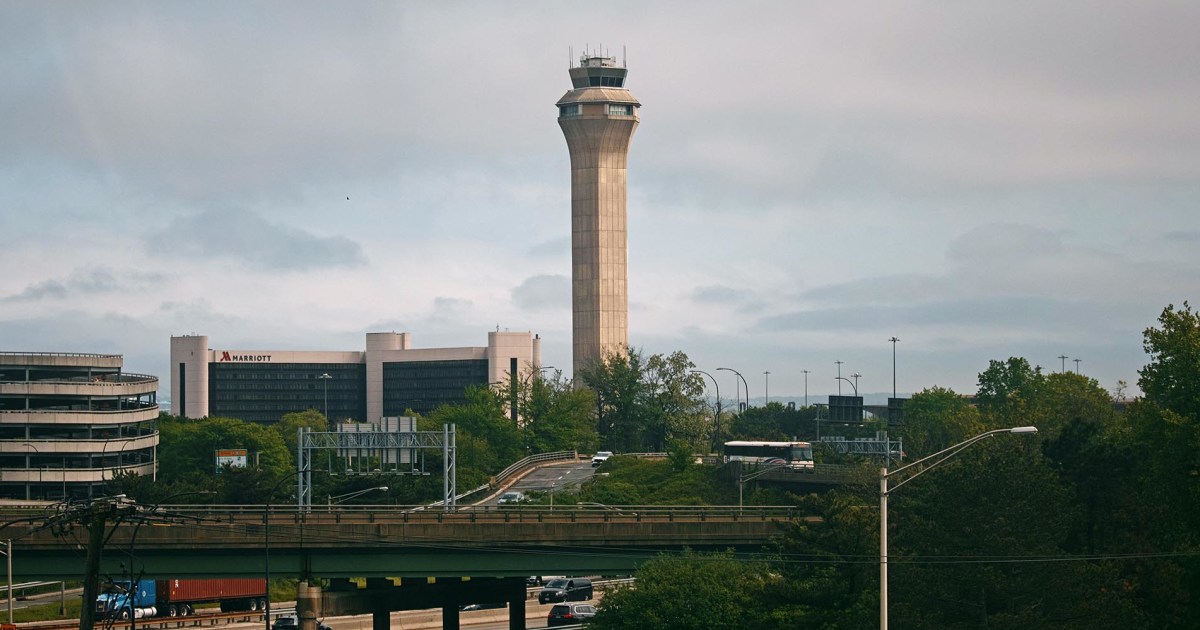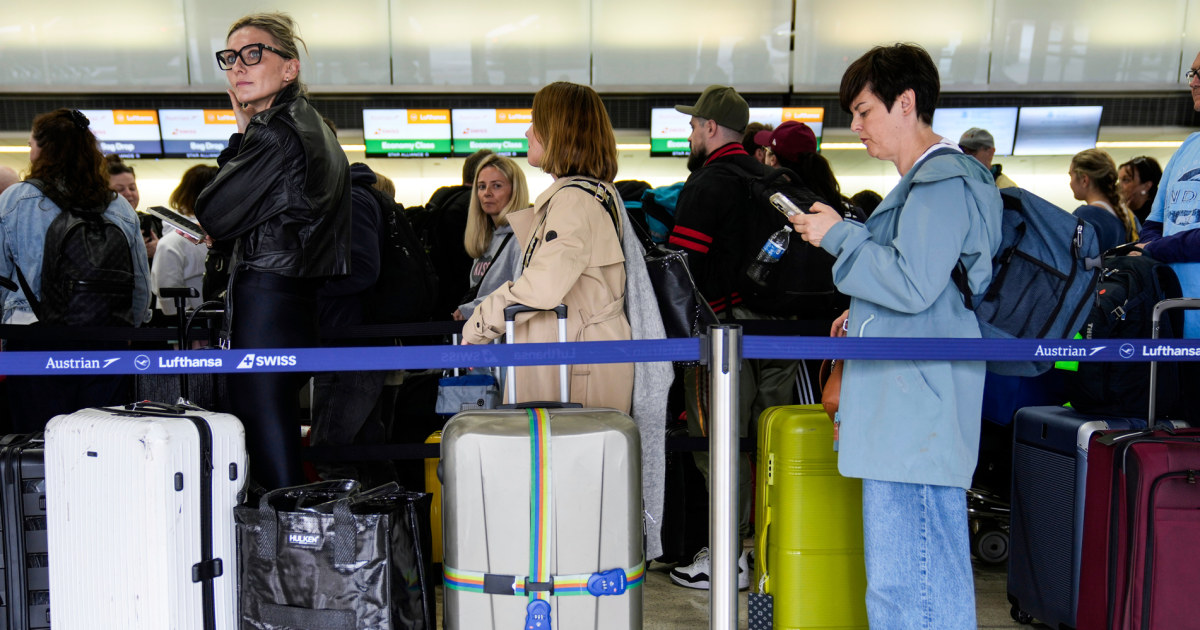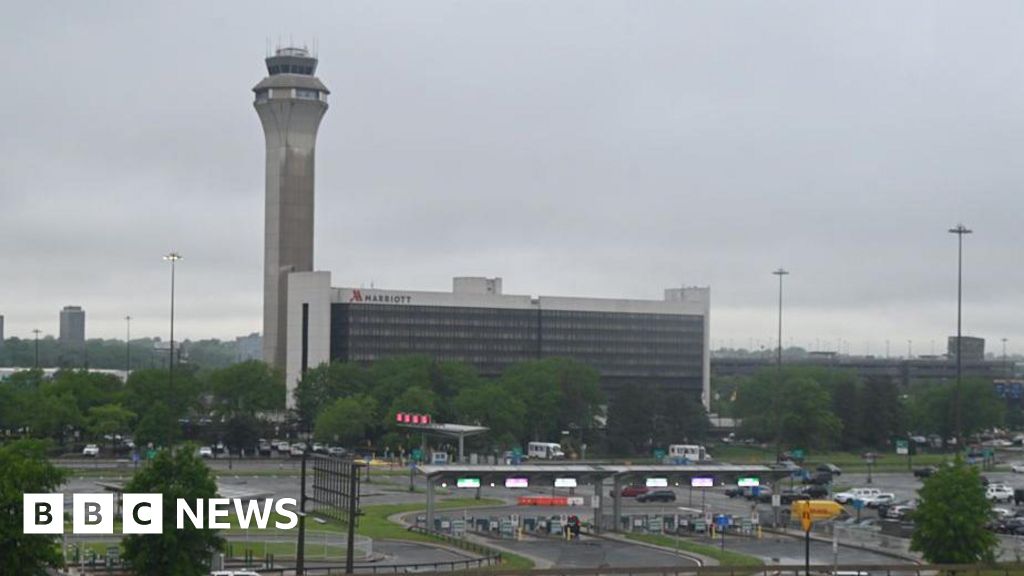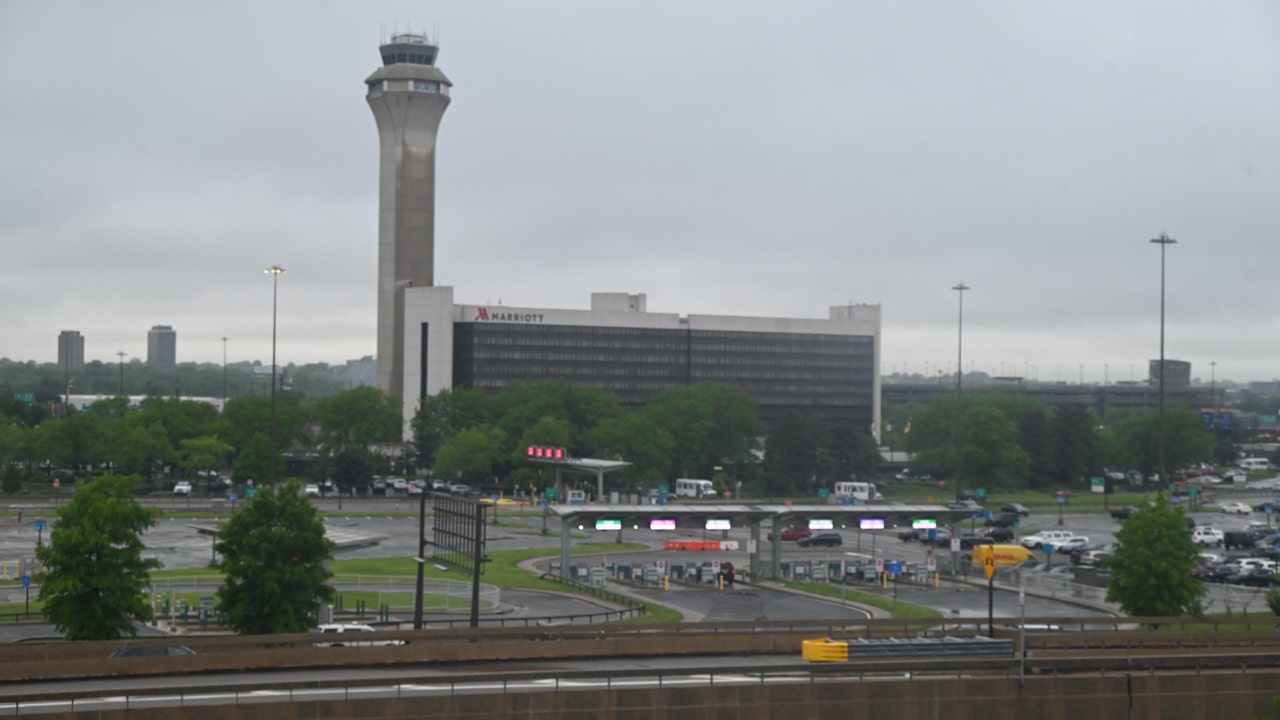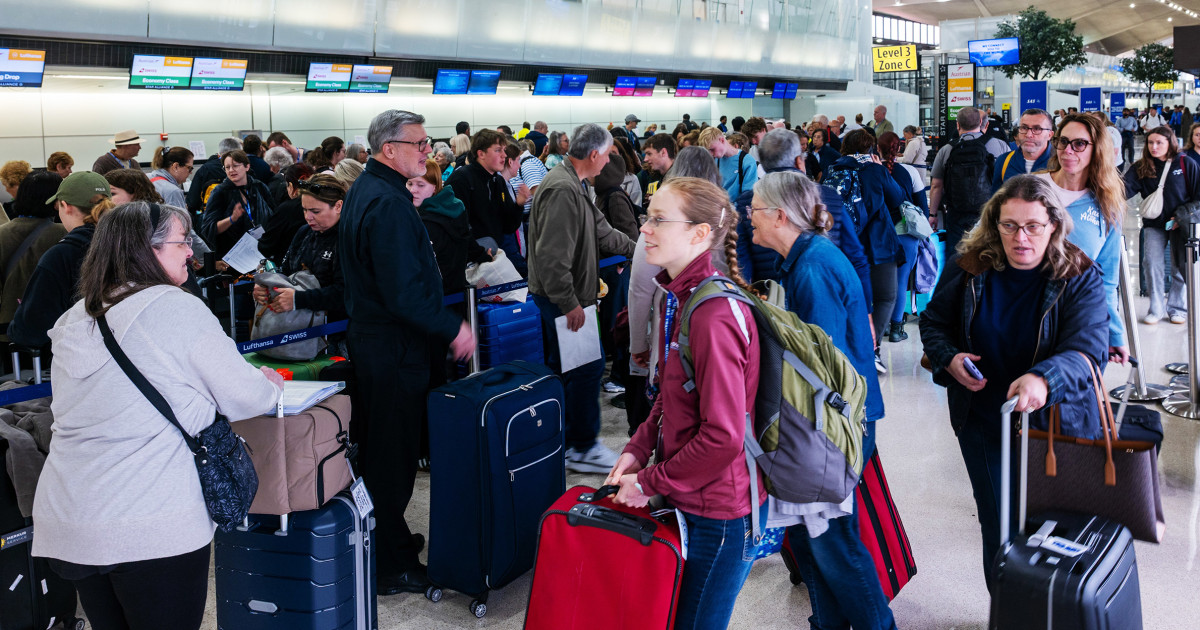Air Traffic Control Disruptions at Newark Airport: FAA's Urgent Upgrades and Staffing Solutions Needed
After a recent equipment failure, Newark Airport faces ongoing disruptions, flight delays, and staffing shortages, prompting the FAA to implement immediate fixes and upgrades.
Overview
On April 28, Newark Airport controllers experienced a 90-second communication outage, leading to severe flight delays and raising alarms over safety. More than 1,500 flights were disrupted, with employees taking trauma leave. The FAA is addressing longstanding staffing shortages by increasing controller numbers and upgrading communication systems, including a transition to fiber optic lines. United Airlines announced cuts to over 30 daily flights to alleviate the strain. Transportation Secretary Sean Duffy plans a broader upgrade for the air traffic control system, amid concerns over outdated technology and multiple incidents raising air safety questions.
Report issue

Read both sides in 5 minutes each day
Analysis
- The recent air traffic control outage at Newark highlighted the long-standing issues of inadequate staffing and outdated technology affecting air traffic management.
- The FAA's delayed response to the crisis showcases systemic weaknesses in addressing air safety while emphasizing the urgent need for comprehensive reforms in the air traffic control system.
- While no immediate dangers were reported during the outage, the events underscore significant vulnerabilities that demand immediate attention for the restoration of traveler confidence.
Articles (9)
Center (4)
FAQ
A fried piece of copper wire caused the air traffic control computer screens to go dark for about 60 to 90 seconds, resulting in controllers losing radar and radio contact with aircraft.
More than 1,500 flights were disrupted as a result of the communication outage and ongoing issues at Newark Airport.
The FAA is increasing air traffic control staffing by bringing in supervisors from across the country and has announced plans to upgrade and transition to newer communication systems, including fiber optic lines.
Several controllers went on medical leave after the traumatic event, and United Airlines announced cuts to over 30 daily flights to alleviate the strain. Average departure delays reached nearly three hours at times.
There are ongoing concerns about the reliability of the air traffic control system due to persistent staffing shortages, outdated technology, and chronic underinvestment. The Transportation Secretary has announced plans for a broader system overhaul.
History
- 7M

 3 articles
3 articles

